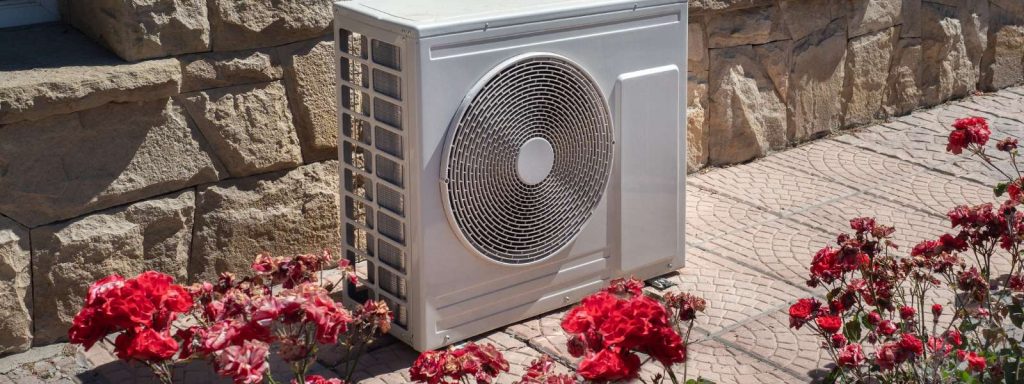What is an Air Source Heat Pump?
An air source heat pump is a system that transfers heat from the outside air to inside a building, or vice versa, to provide heating or cooling. Operating similarly to a refrigerator, it uses a refrigerant system involving a compressor and a condenser to absorb heat at one place and release it at another.
Pros of Air Source Heat Pumps
1. Energy Efficiency
- Reduced Operational Costs: ASHPs are known for their efficiency. They can produce up to three times more heat energy than the electrical energy they consume. This efficiency translates to significantly lower energy bills compared to conventional heating systems.
- Renewable Heat Incentive (RHI): In many regions, homeowners can benefit from government incentives like the RHI in the UK, which provides financial support to those using renewable heating technologies.
2. Environmental Impact
- Reduced Carbon Footprint: By utilizing electricity and ambient air, ASHPs produce less carbon emissions compared to fossil-fuel-based heating systems, assuming the electricity is sourced from renewable energies.
- Sustainable Alternative: They are an effective alternative to traditional heating methods, especially in areas with mild to moderate winter temperatures.
3. Versatility and Convenience
- Heating and Cooling: One of the most significant advantages of ASHPs is their ability to both heat and cool a space, making them a versatile option for year-round climate control.
- Ease of Installation: Unlike ground source heat pumps, ASHPs do not require extensive excavation work, which makes them easier and often cheaper to install.
4. Low Maintenance
- Durability: ASHPs generally have a long lifespan, often around 15 to 20 years, and require minimal maintenance compared to combustion-based heating systems.

Cons of Air Source Heat Pumps
1. Performance Efficiency in Cold Weather
- Reduced Efficiency in Extreme Cold: One of the primary drawbacks of ASHPs is their performance in extremely cold weather. As temperatures drop, their efficiency can decrease as they require more energy to extract heat from the cold air.
- Supplementary Heating: In colder climates, a supplementary heating system may be necessary, adding to installation and operational costs.
2. Initial Investment
- Higher Upfront Costs: The initial cost of purchasing and installing an air source heat pump can be higher than traditional heating systems. This cost can be a barrier for some homeowners, despite the long-term savings. More on the disadvantages of air source heat pumps.
3. Aesthetic and Space Considerations
- Unit Placement: External units can be large and may not suit every property’s aesthetic. Homeowners need to consider the space and appearance of the unit, which can be intrusive.
- Noise: While newer models are quieter, older or lower-quality units can be relatively noisy, which might be a concern in densely populated areas.
4. Dependency on Electricity
- Power Outages: Since ASHPs rely on electricity to operate, they will not function during a power outage, unlike gas or oil furnaces that can continue to run. Understanding how to retrofit central heating can provide alternatives during such times.
Is an Air Source Heat Pump Right for You?
Air source heat pumps offer a highly efficient, sustainable solution for heating and cooling homes. They align with global efforts to reduce carbon emissions and can significantly lower energy bills. However, their effectiveness can be limited by climatic conditions, and the initial costs can be high. Homeowners considering ASHPs should weigh these factors against their specific needs, local climate, and long-term sustainability goals. By understanding both the pros and cons, individuals can make informed decisions that align with their home comfort needs and environmental values.




